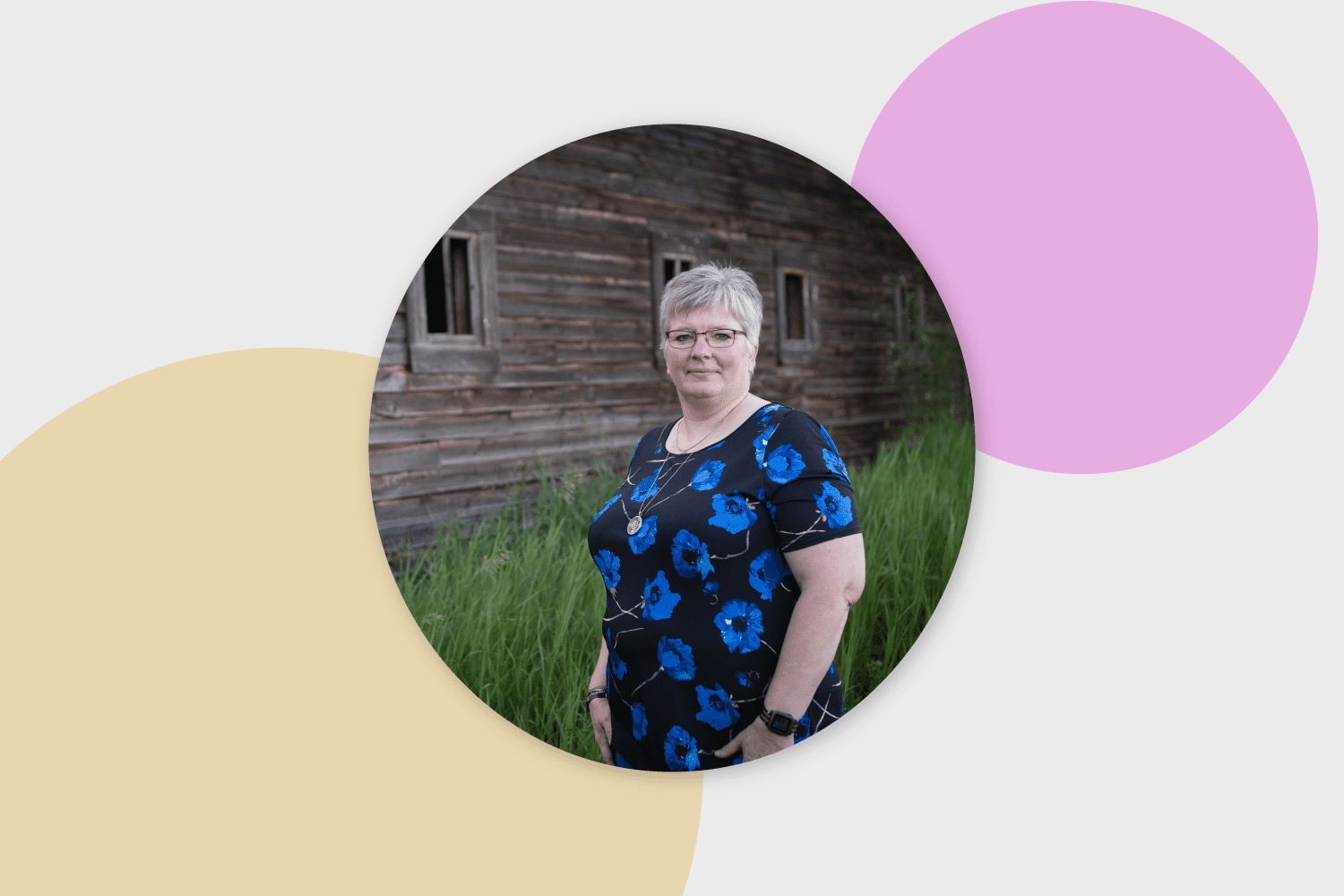Marie clearly remembers when WJS was approached to meet with an individual who presented with high complex needs.
Other agencies were hesitant to take him, and the referring source was not confident about his ability to reintegrate back into society. But, Marie and her team felt they could find a way to build a safe and trusting relationship with the young man.
Marie and her team moved him into a suite where he was supervised 24 hours a day. But, he was very protective of his space, not wanting staff to use his bathroom or touch his personal items. He was very particular about which parts of the house staff accessed. He also struggled with understanding finances, which added to the many challenges he was facing to achieve independence. But Marie also took the time to understand these difficulties. “He had been in services since he was a child,” she says. ”Both his parents had significant medical challenges that made it very difficult for him growing up in the home.” Marie knew supporting him would be hard, but she wanted to help him live in society again.
“You just kind of breathe, you go back the next day and you say, ‘look, yesterday was a bad day. But I’m still here. Today is a new day,” says Marie. “We kept building on that. I think just letting him know that I wasn’t leaving him and that I wasn’t discounting him was really significant.”
They celebrated all his wins, even seemingly small things like letting staff use a different chair or sit in the living room with him. Marie worked with him to plan his finances and how to save for items he wanted. By building a relationship based on trust and respect, he began to gain confidence and make progress. After several years of working with Marie, he said he didn’t think he wanted people around him 24 hours a day. So they started adjusting the staffing supports, allowing for the young man to have time to himself. Hours slowly decreased to 16 hours a day, to 8 hours a day, to 4 hours a week. Eventually, he no longer needed services. He was living fully independently in his own house with a dog and visiting with family.
“This young man went from being somebody that people didn’t think would ever be able to be in society, to somebody who lived on his own and knew how to save money,” Marie says. “Just seeing his value and reminding him of that. He had such an effect on me.”
Very sadly, the young man passed away under tragic circumstances. But Marie, who was one of only a handful of people asked to attend the funeral, feels incredibly privileged to have had this entire experience. The value of their relationship, using trauma-informed practices such as creating safe space, listening to him, empowering him to make choices and focusing on his individual strengths, all came together to produce great outcomes.
“He was such a significant part of my life for those years, you know,” she says. “Seeing him grow and knowing that when he passed away he was happy and he was in a home on his own. He was a fully independent, capable person.”
